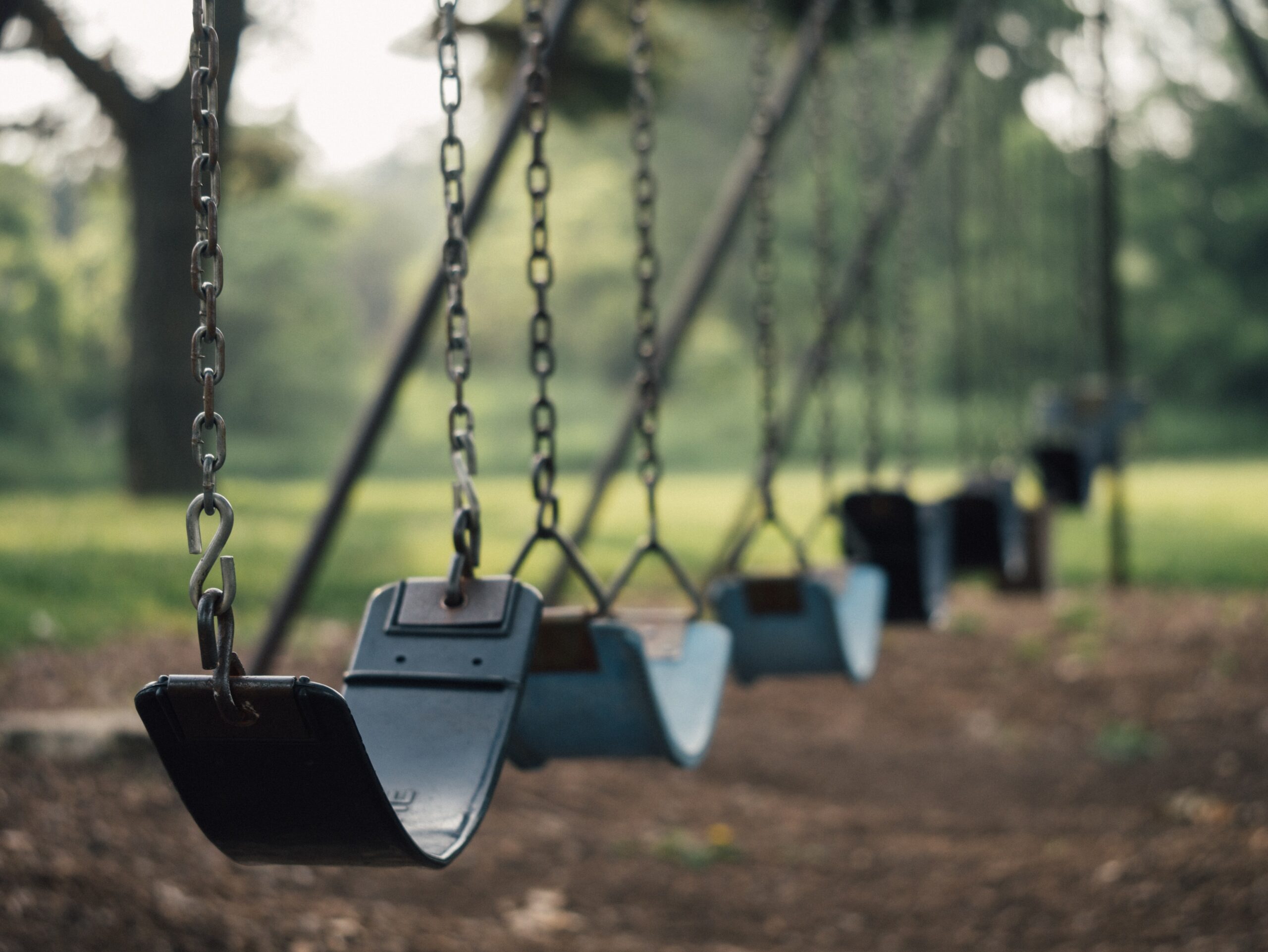Ah not callin’ school names. Ah not callin’ no bredrin and sistrin name who was in dis one. Allyuh, know allyuhself and this is a very sensitive topic.
“If you don’t know now you know N(inja)”
– Christopher George Latore “Biggie Smalls” Wallace, Juicy (1994)
In Trinidad and Tobago there is a game called Catch and Bull. Funny enough in Barbados a number of children played a similar game called Catch and Go Foop. This game is played among primary school children, boys and girls, at break and lunch times, on the playing field, amidst the chaos of school yard dust and salt prune packs disposed on the ground by unruly children for convenience. Similar to Police and Thief where one child chases another child to extract the puerile satisfaction of having someone caught and the overjoyed expression “ah catch yuh, ah catch yuh,” Catch and Bull is the sexualized version of this game. In Catch and Bull, you are chased in an open field. If the students have some contorted sense of justice they construct a “safe zone” (usually a tunnel or a distant swing or slide), otherwise it is a free-for-all where children run down each other and dry hump the caught person until they are pushed off or escape from the prison grasp. The slowest are the victims.
The thing about Catch and Bull is that it happens on an uneven playing field. Literally. Most primary school playgrounds are not landscaped well…but also for gender relations. Older children with greater physical advantages have athletic abilities (running and body strength) that are superior to those possessed by younger children. Also, the game is about heterosexual desire, male fantasy and male dominance. When boys play the game of sexual curiosity they often get elevated status, when girls play the same game of sexual curiosity as boys do, they are treated with shame. Boys are the ones doing the catching and bullin’ and girls are the ones doing the running and being caught. At its core, it is a premature game for boys to enact a hypermasculine performance on a playing field that mixes fun with violence, ability with dominance and conquering, maleness with superiority and even participation with pressure. If you can’t play this game you’re often attacked with “Yuh frighten or wha? Yuh fraid ting or wha?”.
I wrote this blog because I am often shocked when people are shocked when they learn about the sexual activities and its frequency among children in our nation. For some persons in Trinidad and Tobago, their parents sheltered them from realities (that they need to be sheltered from) that are ugly. But being sheltered is not enough because if I had a nation before me and I asked them to raise their hands if they ever played this game, you would see a sea of raised arms answering in the affirmative.
It is important to note that early childhood development of sexuality is completely natural. Globally there are games played among children “mummy and daddy” and “I’ll show you mine if you show me yours.” The dangerous parts about Catch and Bull are the engagement in physically harmful sexual behaviour, the verbal, physical coercion that comes in the game, and children’s entry into a stage of life where nothing is innocent. Jah! The developmental risks – for the child and society – are too high.
The State does not want to seriously take on Sexual Education or they do not want to seriously take on the religious lobbies that obstruct meaningful Sexual Education. The Religious bodies have prayers and for some child marriage if things don’t work out. Parents throw their hands in the air, hit their children to get out the devil or just don’t know what their children do. School guidance counsellors and health officials feel as if their recommendations fall on deaf ears. And yes, it is a hard pill to swallow to know that children, exposed to multiple messages in the media that sexualize everything [hyperbole inserted], create their own contexts and understanding of sexuality and sex; it hurts adults to know that the State, Religious Institutions or Parents do not always mediate these meanings. This culture is an undercurrent in our country that competes with dominant social ideals and national visions and we’re going nowhere fast if we ignore our children and the games they play.




